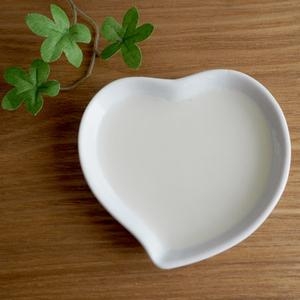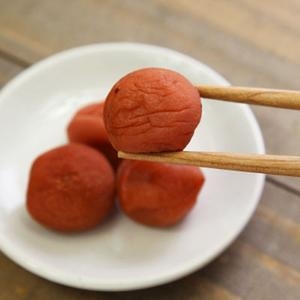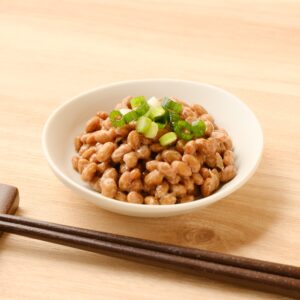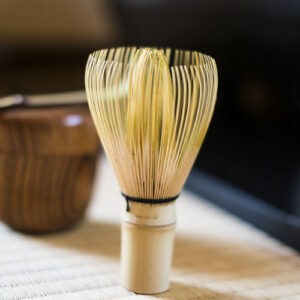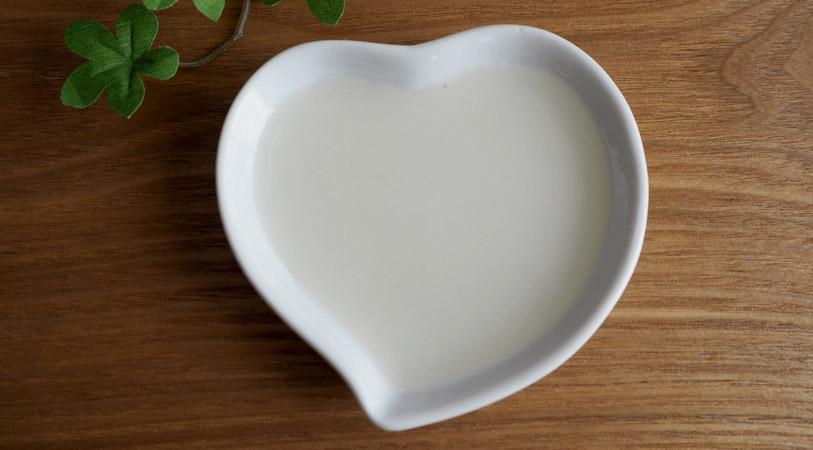
If you enjoy cooking, or enjoy eating, or at least know a little about seasoning, you must have known what a vinegar is.
The word vinegar, translated from the French, means “sour wine.”
Vinegar is an aqueous solution of acetic acid and trace chemicals that may include flavorings. Vinegar typically contains 5–20% by volume acetic acid. Usually the acetic acid is produced by the fermentation of ethanol or sugars by acetic acid bacteria.
Quite simply, vinegar is something containing glucose that has been fermented into a drinkable alcohol, in this case, ethanol. This continues to ferment and become vinegar.
This time, I won’t tell you a-z about all of the vinegars, instead, I will tell you many things about a specific vinegar, *drum rolls* The Rice Vinegar!!!
What is Rice Vinegar?
For you who heard it for the first time might be wondering,
“What is a rice vinegar? Is it different from the one I usually used?”
Rice vinegar is a traditional seasoning condiment mainly used in China, Japan and Korea. It is a type of vinegar made with rice as the main ingredient.
Specifically, it is made from rice, fermented rice or rice koji, and water.
History dates the origin of rice vinegar to the fourth century when China introduced it to Japan, neither country at the time realizing just how essential it would become to Japan. Since then, fermented rice vinegar has become a staple culinary ingredient in Japan.
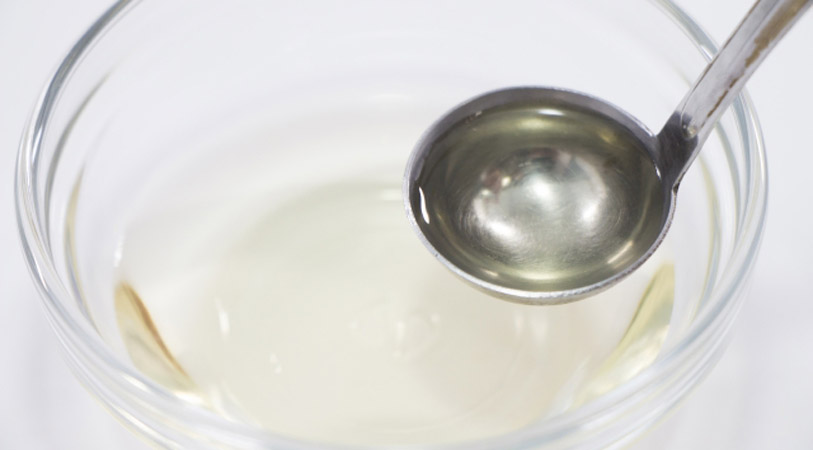
Fermentation methods for rice vinegar include a traditional static method and recently developed continuous-culture and batch-culture methods.
Chinese and Japanese rice vinegars are slightly milder and sweeter than Western vinegars.
To know about the differences between rice vinegar and other vinegars, check our articles below:
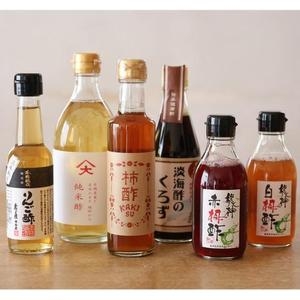
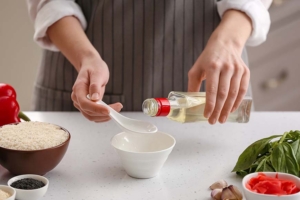
Kinds of Japanese Rice Vinegar?
There are three types of rice vinegars: amber (clear/pale amber), used mainly in sweet-and-sour dishes; red rice vinegar (akazu) or also called as kasuzu (粕酢), a popular accompaniment to boiled and steamed crab in China; and black vinegar, used mainly as a table condiment and health drink.
Komezu (米酢), an almost colorless Japanese rice vinegar, is used in a variety of Japanese dishes, such as sushi rice, sunomono (Japanese vinegar dishes), tsukemono (Japanese pickles), and nimono (Japanese simmered dish). It has around 5% acetic acid content, pretty mild for an acid in vinegar.
Black vinegar may be thought of as a substitute for balsamic vinegar. However, their dark colour and ageing process are the only similarities between these two vinegars.
Rice vinegar is used mostly in Asian cooking. It has a mild flavor that is generally less acidic and a bit sweeter than Western vinegars. It is a rather mild, slightly sweet vinegar that works well in the likes of salad dressings and dipping sauces.
You can read this article below to learn the best rice vinegar substitutes!

Recommended Pure Rice Vinegar Products
Health Benefits of Rice Vinegar
It is said that white rice contains only a small amount of vitamin B complex and not so high nutritional value.
However, fermenting white rice and processing it into vinegar produces 15 kinds of amino acids and more than 70 kinds of organic acids.
In particular, rice vinegar contains a lot of citric acid, that its high health benefits have became apparent in recent studies.
Rice Vinegar’s Benefit #1 Benefit for Diet
Originally, it is said that you can have diet effect to reduce weight with vinegar. Rice vinegar is certainly no exception.
Amino acid and citric acid contained in vinegar have a function to help fight burning fat, thus these elements give the high benefit for diet.
A previous study stated that the acetic acid in rice vinegar could significantly inhibit the accumulation of body fat without changing food consumption intake, thus help to lose body weight.
Reference:
Vinegar Functions on Health: Constituents, Sources, and Formation Mechanisms

Rice Vinegar’s Benefit #2 Fatigue Recovery Effect
Late acid accumulates in the body after exercise or when you are tired from work, probably make your body become acidic.
It is said that the abundant amount of citric acid contained in unrefined vinegar decomposes lactic acid and saccharides, and changes the acidic body to alkaline and restores fatigue.

Rice Vinegar’s Benefit #3 Prevent Kidney Stone
Rice vinegar contains high concentrations of citric acid that inhibits the growth of kidney stones. Pure rice vinegar is also sodium-free and very low in phosphorus, which is an excellent seasoning for a kidney diet.
Kidney stones are considered to be common in men over the age of 40, but it is said that drinking rice vinegar for prevention is effective.

Rice Vinegar’s Benefit #4 Smoothen Blood Flow
It is said that rice vinegar has an effect that makes thick blood, which is the cause of (arteriosclerosis/the hardening of to arteries), to flow clean and smoothly. The previous study suggests that acetic acid in rice vinegar contributes to regulating the blood flow in humans.
This is expected to have the effect of preventing and improving diseases caused by blood flow such as low back pain and stiff shoulders.

Rice Vinegar’s Benefit #5 Hypertension Prevention
The nature of acetic acid in vinegar is said to be useful for the prevention of hypertension.
Although there is no immediate effect, it is also expected to improve the condition of high blood pressure by keep drinking vinegar.
Furthermore, the acetic fermentation can be useful for the prevention of various cardiovascular diseases, such as atherosclerosis, ventricular remodeling after myocar-dial, infarction, and diabetic nephropathy.

Rice Vinegar’s Benefit #6 Improves Immunity
One of the best benefits of rice vinegar is that it helps in boosting immunity.
Rice vinegar contains essential amino acids. These help you in achieving optimum health.
These amino acids help fight the damaging effects of free radicals. They also help boost immunity.

Rice Vinegar’s Benefit #7 Gives You Radiant Skin
Using rice vinegar can be beneficial for your skin!
Make a mixture of rice vinegar, purified water and tea tree oil in a bottle. Then shake the bottle to make the ingredients blend well.
The ratio of water and rice vinegar will be 6:1. Using a cotton ball, apply on the acne affected facial skin. Let it dry and wash with water.

Rice Vinegar Nutrition Facts
There are few points that we need to check regarding rice vinegar’s nutrition facts: carbs, calorie, and sodium.
To show a clear difference, we compared the nutrition facts table between unseasoned rice vinegar (pure rice vinegar) and seasoned rice vinegar.
Nutrition Facts: Seasoned vs Unseasoned Rice Vinegar
| Nutrition Facts | Unseasoned Rice Vinegar (15ml or 1 tbsp) |
Seasoned Rice Vinegar (15ml or 1 tbsp) |
|---|---|---|
| Calorie | 0 cal | 5 cal |
| Carbohydrate | 0 g | 1 g |
| Sodium | 0 mg | 60 mg |
Note: this is only an estimate table. Each specific product may have different contents.
As shown above, we can take the conclusion that seasoned rice vinegar (合わせ酢, awasezu) is more flavorful and sweeter because it contain salt, sugar, or other ingredients.
Meanwhile, unseasoned rice vinegar has more acidity but it is zero calorie and contain no sodium.
Is Rice Vinegar Good for You?
So, is rice vinegar good for you? The answer would be yes.
Whether it is unseasoned or seasoned rice vinegar, both are good for you depends on what are you looking for from a vinegar.
We also have an article that compares rice vinegar to other similar kinds of vinegar.
Check how to make sushi rice using unseasoned rice vinegar and seasoned rice vinegar.
Please check it out!

How Rice Vinegar is Made
Originally, rice vinegar was made from cooking the rice in water, then adding yeast of culture starter on the cooked rice then let the sugar to ferment in each grain.
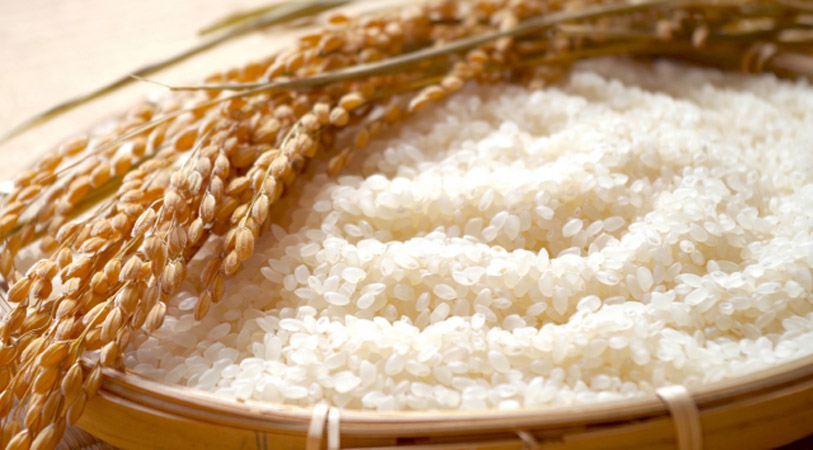
Nowadays, rice vinegar is industrially produced by two main methods:
1. Natural, slow process manufacture method involving static surface acetic acid fermentation.
2. Fast-producing manufacture method, or a submerged fermentation process.
Generally, the natural static fermentation method is used in traditional vinegar production.
Naturally brewed vinegar using this traditional method would then be stored for two to three years to further enchance the flavour.
This technique is not costly in terms of factory investment, and product quality is very good, although a long period is required to complete fermentation which makes it a little more expensive than fast-mass-produced vinegar.
For making Japanese rice vinegar, the process commences with grinding the rice then steaming it in mesh baskets and mixing it with a yeast fungus. In the first few days, the chemical processes in the rice will create hydrolytic enzymes, essential for the following stages.
The mixture is then transferred to clay pots, submerged in water with added yeast and acetobacter—the vinegar bacteria.
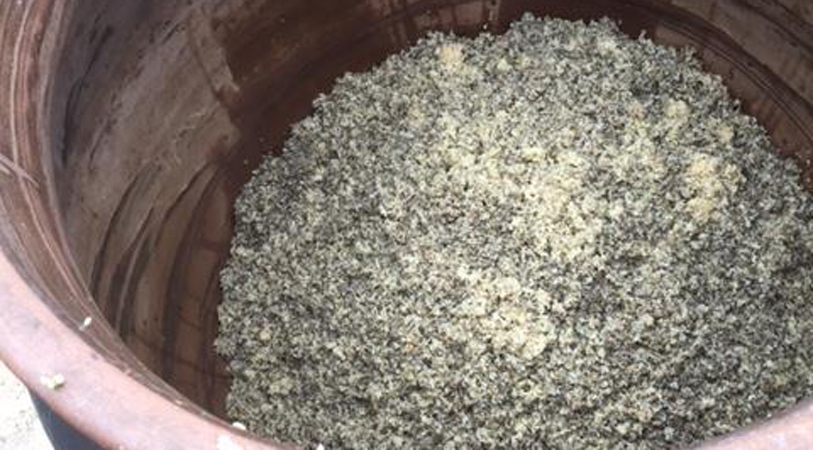
Over the next six months, the hydrolytic enzymes convert the starch already present in the rice into fermenting sugars. The mixture is regularly stirred and, for centuries, the process across Asian countries has been to add specially selected microbial strains that can exist together, creating a mixed culture releasing complex flavours.
The main difference from European vinegar production is the outdoors effect. The vinegar is exposed to oxygen but in the open air, which makes it subject to the fluctuating temperature variations of day and night to increase the aerobic reaction.
Meanwhile, fast mass-produced vinegar speeds up the process, starting with alcohol and adding sugar and yeast. More recently, large-scale rice vinegar production is being managed by computer-controlled acetators.
Let’s look at the difference between naturally or traditionally brewed rice vinegar to the fast production rice vinegar at the table below!
| Difference | Naturally manufactured method | Fast-producing manufacture method |
|---|---|---|
| Taste | Mellow taste with soft to medium acidity. | Rather strong sour and pungent taste. If the product uses artificial sweeteners, it may have an unpleasant sweetness that remained in the tongue. |
| Smell | Soft with no pungent smell. | Has a sort of pungent smell that may tingle your nose. |
| When used for sushi rice | No pungent smell. Has a stable and good acidity even when cooled. | Strong acidity aroma. The acidity will decrease when cooled and become watery. |
How to Choose a Good Rice Vinegar?
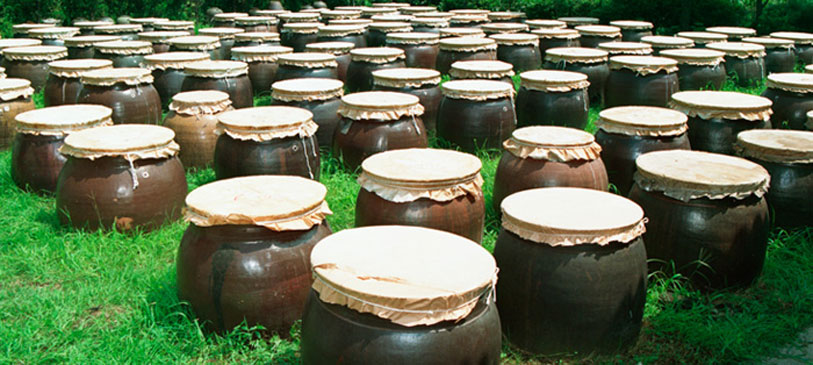
The natural and slow fermentation method let the vinegar ferment completely and has good flavor.
Meanwhile, fast mass-produced, large-scale commercial production vinegars and cheap vinegars speeds up the process, starting with alcohol and adding sugar and yeast. There are also who using fermentation aid chemical substance to speed up the fermentation process.
The short fermentation doesn’t allow the vinegars to develop the right and tasty flavor, so there might be the addition of additive and preservative substances. Also, more recently, large-scale rice vinegar production is being managed by computer-controlled acetators.
So, if you want to choose the good, best vinegar for you, it is best to choose the one which made naturally without additives. Choose the vinegar made from organic rice, good water and natural method.
Not only it’s tastier, but it also will give you full health benefits of a rice vinegar!
You can check our rice vinegar recommended products here.
It is a pure rice vinegar made from organic rice, high quality water and pot, with traditional and natural method. It is an additive-free rice vinegar that you can consume without worry!
Rice Vinegar Q & A
– Interview with Vinegar Maker –
Kawashima the Japan Store had the chance to talk directly to a vinegar maker, Mr. Mitsuyasu Uchibori.
Mr. Mitsuyasu Uchibori is the CEO of OaksHeart Co., Ltd.
OaksHeart Co., Ltd. is a company which makes and sells drinkable vinegar and Dessert Vinegar under the brand Sumurie®.
Mr. Uchibori has been exploring vinegar every day as a sommelier for vinegar. He is Japan’s top vinegar sommelier.
This time, Kawashima the Japan Store had chance to talk to Mr. Uchibori about the appeals of vinegar and ask some questions to him.
In Japan, Mr. Uchibori has published some books. His books show his deep love for vinegar. From his writing style, you will know that he’s a gentleman and can feel his gentle personality.
Having been indulging in vinegar industry for a long time, Mr.Uchibori’s personality may have been softened (like meat dishes softened when cooked with vinegar).

Profile
Mitsuyasu Uchibori
CEO of OaksHeart Co., Ltd.
Sumurie® No.0001 Mitsuyasu Uchibori
Born in Gifu Prefecture on 1961.
Graduated from the Department of Fermentation Production, Faculty of Engineering, University of Yamanashi. After working for a trading company, he joined Uchibori Brewery, his family’s business.
On February 2003, he opened his first vinegar specialty store “Oaks Heart” in JR Nagoya Takashimaya.
Subsequently, other stores were opened nationwide at Nihonbashi Takashimaya and Osaka Takashimaya.
In 2006, he received the Minister of Agriculture, Forestry and Fisheries Award in the category of development.
At present, he travels not only to Japan but also to other parts of the world, and continues to work actively to spread the fun and appeal of vinegar as “vinegar sommelier”.
▼ Company’s website
http://www.vinegar-world.com/
Mr. Uchibori told many things about vinegar to us.
We want to share them with you too.
Here are our vinegar talks with Mr. Uchibori!
- Can you tell us what is the appeal of vinegar in short?
- Vinegar is going to make people feel “fresh”. Not only is it sour, but the sourness of vinegar is uniquely significant.
I think the freshness of vinegar that can also refresh your mind is irreplaceable.
- What is the recommended way to use vinegar for cooking?
- ● I recommended the “kagensu”.
Kagensu is mixture of vinegar and some other flavouring (e.g. soy sauce, sugar, etc.).
It is a method to make seasoning by adding plenty of soup stock, water, and other flavouring to vinegar.
As a guide, I think it would be better to use vinegar diluted with water or broth with ratio of 1:10 (vinegar:water/broth) as so it can be used as cooking/brewing water.
● If you want to drink vinegar, my recommendation is to put 30 ml (2 tablespoons) of vinegar in 500 ml of water;
or put 15 ml of vinegar (1 tablespoon) + 15 ml of sour juice such as lemon or lime (1 tablespoon) in 470 ml of water.
● If you put a sour thing in a sour thing, the significant sourness of the vinegar will be difficult to taste and it will be easier to drink.
- How much vinegar should I take per day?
- Approximately 15ml to 30ml per day is the recommended vinegar intake.
It has been shown to be effective for people with high blood pressure.
- How long do we should consume vinegar regularly?
- The standard is about 3 to 4 months.
- What other effects can be expected from vinegar?
- Vinegar is not a medicine, so if you are aiming for functionality, effects, or efficacy, it is better to take the medicine under the guidance of a doctor.
In terms of food, vinegar is a seasoning that is good for the body. It is also a drink.< br />
I think it’s a natural way to consume vinegar in a dish. But it’s also reasonable to expect the vinegar’s “improving metabolism” effect.
I just hope that you can keep in mind that vinegar is also just a “food which have a role for helping your body healthy”.
- What are good vinegar conditions and how to choose good vinegar?
- It’s quite difficult. The vinegar you choose depends on the what you want to use it for.
There are various condition in dishes, so according to the dishes, there are also wide variety of ways of how vinegar is used for seasonings and drinking.
To put it simply, based on the fact that you want to use vinegar for its “fresh” taste, the choice is actually your own preference depending on the application. It is good to try and taste various types of vinegars and choose the one you like. Challenge yourself to use various vinegars and find vinegars you didn’t know before.
Vinegar is a consumamble thing, so I hope you can enjoy various types of vinegas like you enjoy various types of wines.
Also, if you have excess vinegar left, you can use it to clean your kitchen or bathroom.
- What is a good way to store vinegar after opening?
- It’s good to shake the vinegars you’ve opened every day.
Invisible wild acetic acid bacteria flying in the air will attach to the surface of the vinegar and multiply, leading to deterioration of the scent of vinegar. If you shake the vinegar regularly, even if the wild acetic acid bacterium enter in its bottle, the acetic acid bacterium will not be able to act due to the vinegar’s frequent fluctuations.
Leaving it without shaking can result in a cloudy white state, which can cause wild acetic acid bacteria to multiply and spoil the flavor. In addition, since acetic acid bacteria easily grow around 30°C temperature, I recommend to keep vinegar cool in a refrigerator.
It’s even better if you put it in the shelf on refrigerator door because it will be cooled and shaken enough.
If it is difficult to shake every day or if you want to keep it for a long time, add about 1% salt in it. This method is also effective in preventing the growth of wild acetic acid bacteria.
You may be worried that the taste of vinegar will change by adding salt, but adding a little salt to the vinegar will strengthen the taste, so it’s recommended for vinegar used for cooking, which will make it more delicious.
However, I do not recommend adding salt to vinegar as a way to store vinegar you used for drinking.
I recommended that you keep it in the refrigerator.
Rice Vinegar F.A.Q
- What is rice vinegar?
- Rice vinegar is a type of vinegar made with rice as the main ingredient.
It is made with fermented rice and water.
- What are the benefits of rice vinegar?
- Rice vinegar said to have the benefit for diet, fatigue recovery, prevent kidney stones, smoothen blood flow, prevent hypertension, and improve immunity. It is also said to have an effect on radiant skin!
Check the section here for more.
- How to make rice vinegar?
- Rice vinegar is made from cooking the rice in water, then adding yeast of culture starter on the cooked rice then let the sugar to ferment in each grain.
Rice vinegar is industrially produced by two main methods: a natural process and a fast-producing process. Natural and traditionally-made rice vinegar takes longer to produce, thus make it a little more expensive, but it’s free from additives, which makes it healthier and tastier.
Some brands, like Yamadai Rice Vinegar, even offer the organic ones, made from pure organic rice, which makes it even more healthier!
- What is the subsititute for rice vinegar?
- Although they are all vinegars, not all of the vinegars can suitably substitute each other.
The best substitute for rice vinegar is apple cider vinegar, or ACV.
ACV has a mild flavor that is similar to rice vinegar. It has mild taste, slight sweetness, and a hint of apple flavor, which make it a good choice for rice vinegar’s substitute.
For more information about the subsititute for rice vinegar, check this article of “What is the Substitute for Rice Vinegar?”
- What is rice vinegar used for?
- Rice vinegar can be used for cooking and can be drink after diluted with water. You can dilute one tablespoon of rice vinegar in one cup of warm water, and if the taste is still too strong, try adding one tablespoon of honey.
But, rice vinegar is definitely a seasoning, so of course you can use it in your dishes.
Rice vinegar can be used for a stif-fry, relish, salad dressing, on fruits and vegetables, even for drinks like Red Shiso Juice!
So now, you already know many things about rice vinegar.
Please try it by all means for your favorite dishes or just for your health!
Below are our recommended products of high-quality rice vinegars.
Also, please check our page to find more great vinegars here!
I hope you can understand more about rice vinegars from this article.
Recommended Products of Rice Vinegar

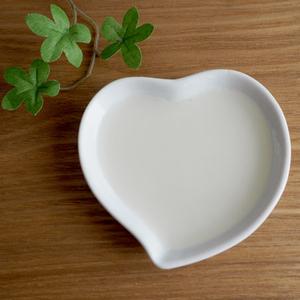
 Content List
Content List